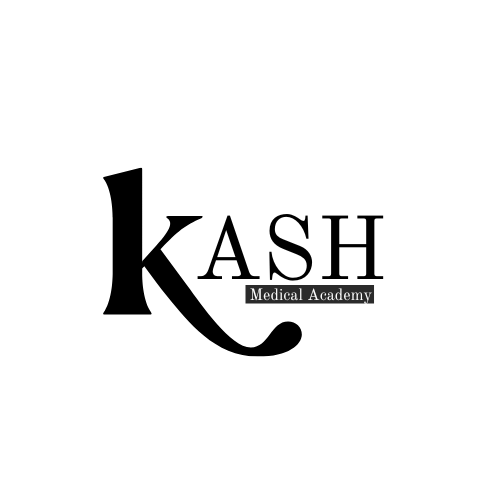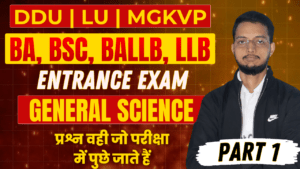
MCQs for Up Bsc Nursing CNET ABVMUChapter 2 Human Reproduction Class 12 MCQs
1. Which of these is not a part of the female reproductive system?
a) Ovary
b) Fallopian tube
c) Uterus
d) Prostate gland
2. The primary sex organ(s) in males is/are:
a) Testes
b) Epididymis
c) Vas deferens
d) Seminal vesicles
3. The process of formation of mature sperm cells is called:
a) Oogenesis
b) Ovulation
c) Spermatogenesis
d) Menstruation
4. Fertilisation in humans occurs in the:
a) Uterus
b) Vagina
c) Ovary
d) Fallopian tube
5. The hormone responsible for the development of secondary sexual characteristics in males is:
a) Estrogen
b) Progesterone
c) Testosterone
d) Follicle-stimulating hormone (FSH)
6. The menstrual cycle in females is regulated by the hormones:
a) Estrogen and progesterone
b) Follicle-stimulating hormone (FSH) and luteinizing hormone (LH)
c) Luteinizing hormone (LH) and testosterone
d) Prolactin and oxytocin
7. The release of a mature egg from the ovary is known as:
a) Menstruation
b) Fertilisation
c) Ovulation
d) Implantation
8. The inner lining of the uterus, where the fertilised egg implants and develops, is called the:
a) Endometrium
b) Myometrium
c) Perimetrium
d) Cervix
9. The hormone responsible for milk production in mammary glands is:
a) Estrogen
b) Progesterone
c) Prolactin
d) Oxytocin
10. The process of shedding of the uterine lining along with blood is known as:
a) Ovulation
b) Fertilisation
c) Menstruation
d) Implantation
11. The maximum number of spermatozoa are stored in the:
a) Epididymis
b) Seminal vesicles
c) Vas deferens
d) Prostate gland
12. In humans, fertilisation typically occurs in the:
a) Uterus
b) Cervix
c) Vagina
d) Fallopian tube
13. The hormone responsible for the contraction of uterine muscles during childbirth is:
a) Estrogen
b) Progesterone
c) Prolactin
d) Oxytocin
14. Which of the following is a STI (sexually transmitted infection)?
a) Hepatitis B
b) Influenza
c) Tuberculosis
d) Malaria
15. The surgical method of permanent contraception in males is called:
a) Vasectomy
b) Tubal ligation
c) Hysterectomy
d) Oophorectomy
Answer Key:
1. d) Prostate gland
2. a) Testes
3. c) Spermatogenesis
4. d) Fallopian tube
5. c) Testosterone
6. b) Follicle-stimulating hormone (FSH) and luteinizing hormone (LH)
7. c) Ovulation
8. a) Endometrium
9. c) Prolactin
10. c) Menstruation
11. a) Epididymis
12. d) Fallopian tube
13. d) Oxytocin
14. a) Hepatitis B
15. a) Vasectomy

| Chapter Name | Chapter Link |
|---|---|
| Sexual Reproduction in Flowering Plants | Link |
| Human Reproduction | Link |
| Reproductive Health | Link |
| Principles of Inheritance and Variation | Link |
| Molecular Basis Of Inheritance | Link |
| Evolution | Link |
| Human Health and Disease | Link |
| Microbes in Human Welfare | Link |
| Biotechnology : Principles and Process | Link |
| Biotechnology and its Applications | Link |
| Organism And Population | Link |
| Ecosystem | Link |
| Biodiversity and Conservation | Link |




[…] Link […]
[…] Link […]
[…] Link […]